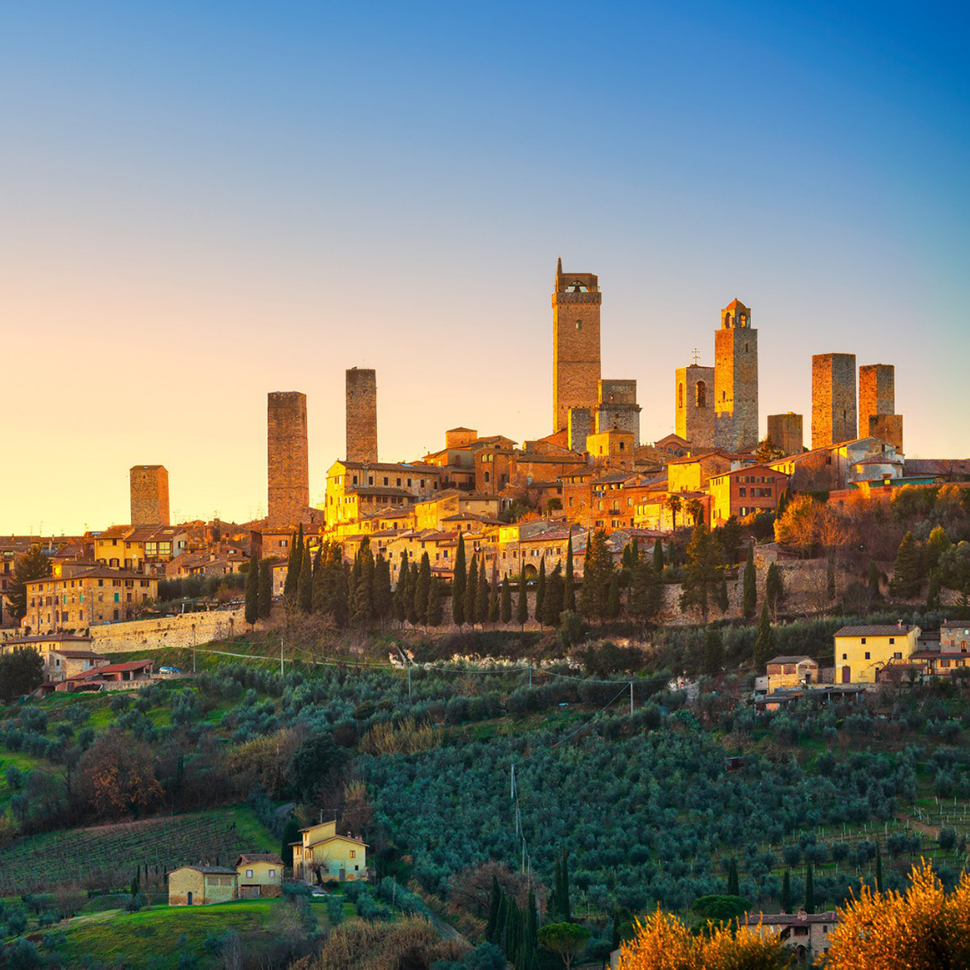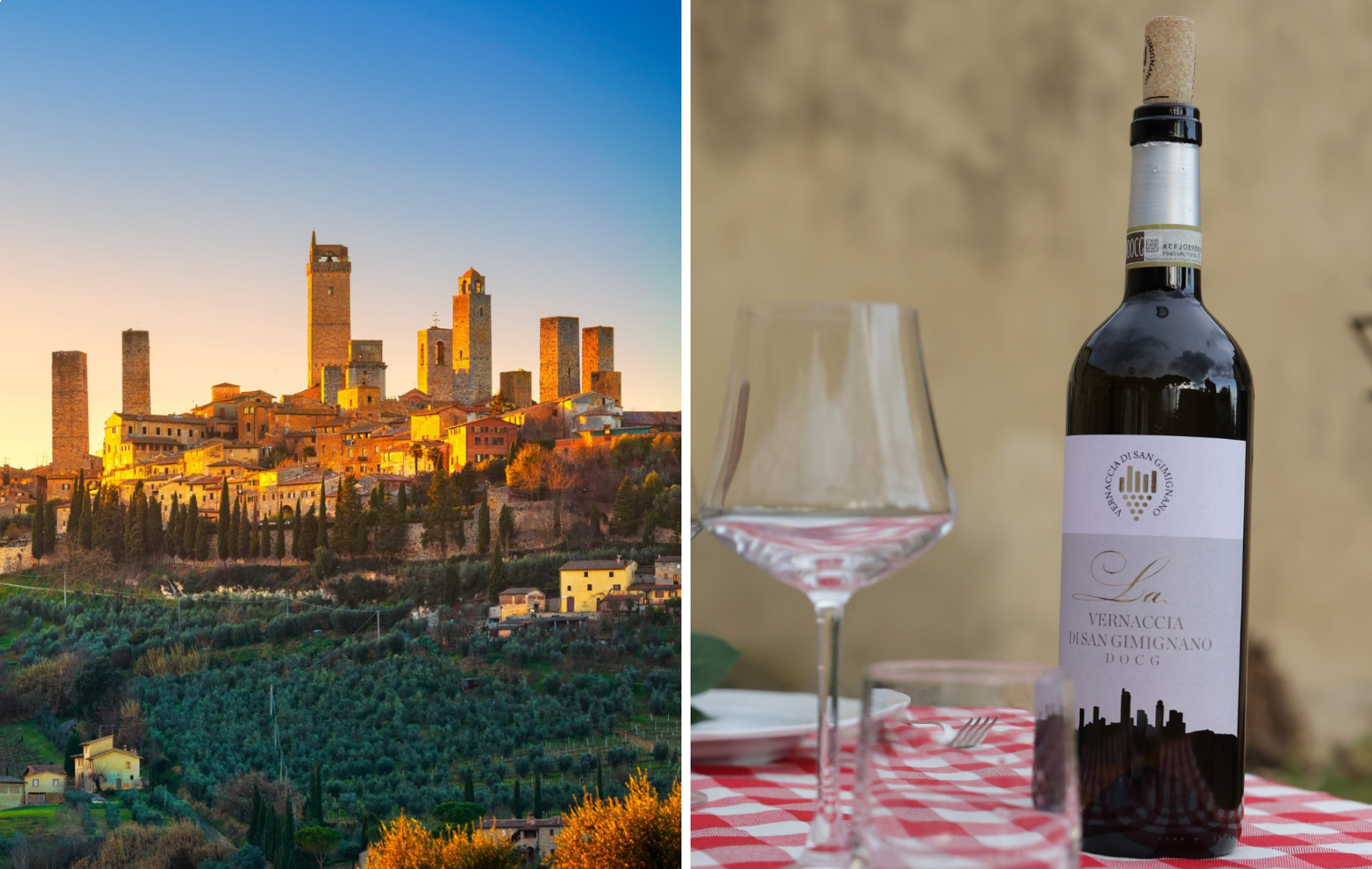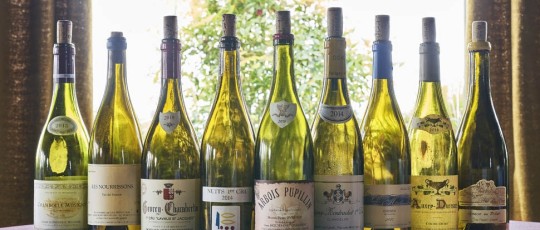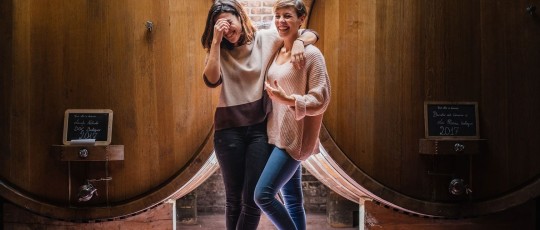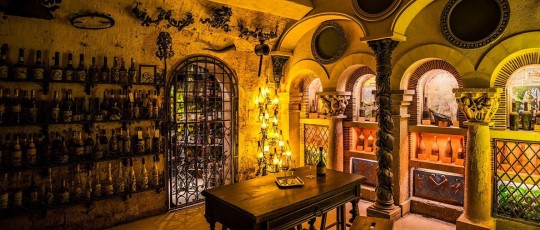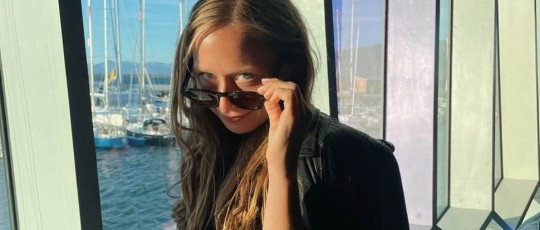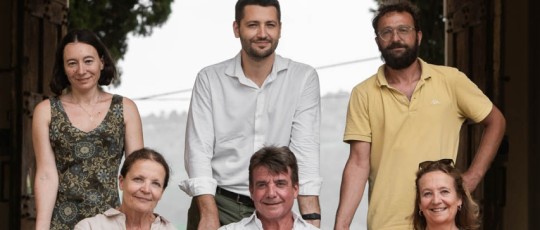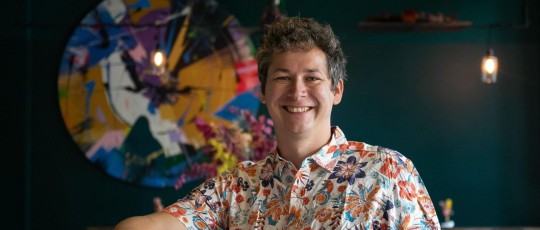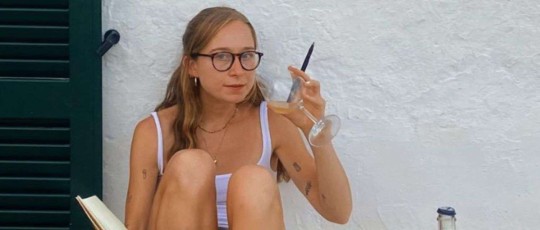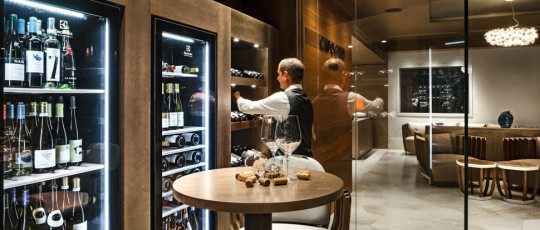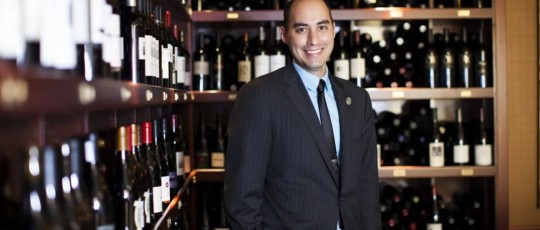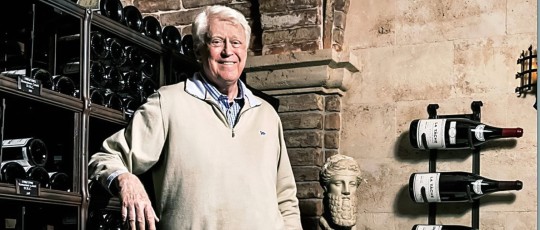The new wine fest is dedicated to Vernaccia di San Gimignano, the first among the white wine DOCs in Italy: it is a record attendance for the inaugural edition of the event.
Amazing turnout for the first wine fest dedicated to Vernaccia di San Gimignano, the Rebel Queen, first among the white wine DOCs to be officially recognized in Italy. It makes its voice heard in the chorus of red grape varieties that surround it in this wonderful region. More than two thousand tastings were carried out in the historic squares, an important number especially for a newborn event and for the satisfaction of Irina Strozzi, president of the Consortium, who declared: “We are very satisfied that this first edition has received such a successful response and a strong interest for our denomination. This is wine: it is culture, community, exchange of knowledge, and art in all its forms. And to all those who could not be with us, I say: come and visit us in San Gimignano throughout the year to get to know our White Queen. Unique, noble, rebellious.”
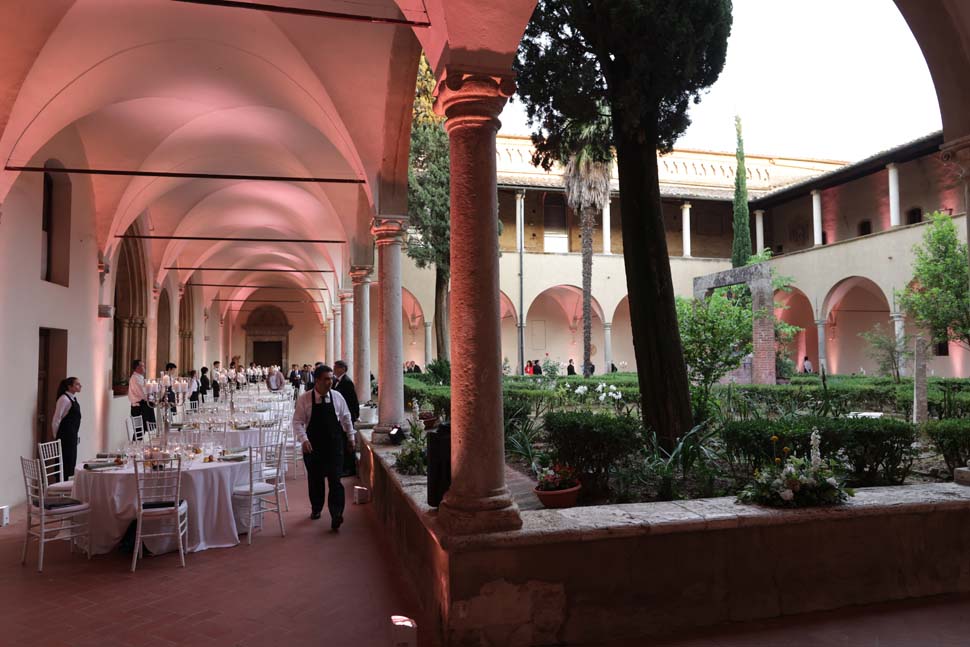
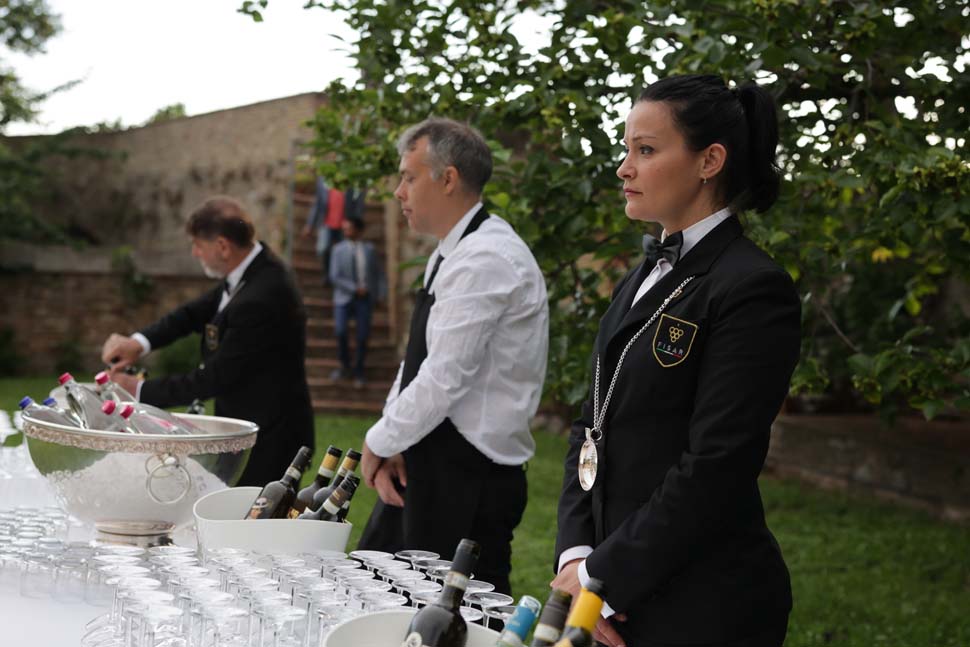
This Vernaccia is a wine rich in nuances: during the event, it was able to be appreciated in its different expressions, with its character, elegance, and longevity as their common thread. From the masterclasses at the Rocca di Montestaffoli to the walk-around tasting among the locations of the Paladini producers of Vernaccia di San Gimignano, the members who joined the wine fest presented more than 100 labels. The opening conference, entitled "The Love that Drips from the Vine,” with speakers of absolute prestige, set itself the rather ambitious goal of questioning how to bring consumers attention back to moderate and conscious consumption of wine, going beyond slogans and statements that give rise to scientifically unfounded arguments. There have been important moments, at the end of the last century, from the methanol scandal between 1985 and 1986, for the break in the direction of product quality and wholesomeness, sought first in the cellar and then also in the vineyard, to the phenomenon known as "French paradox" and named when an American television broadcast in the early 1990s.
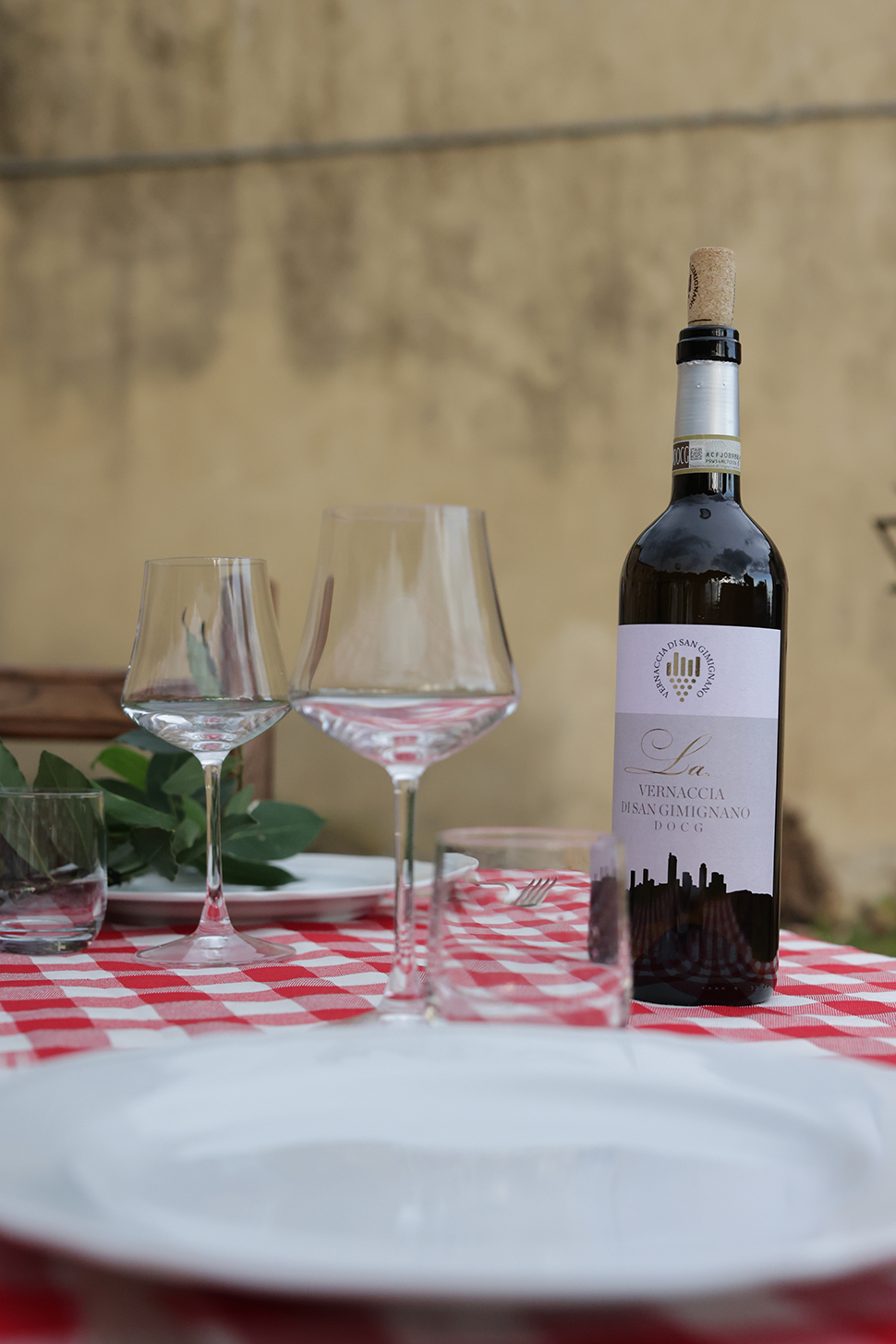
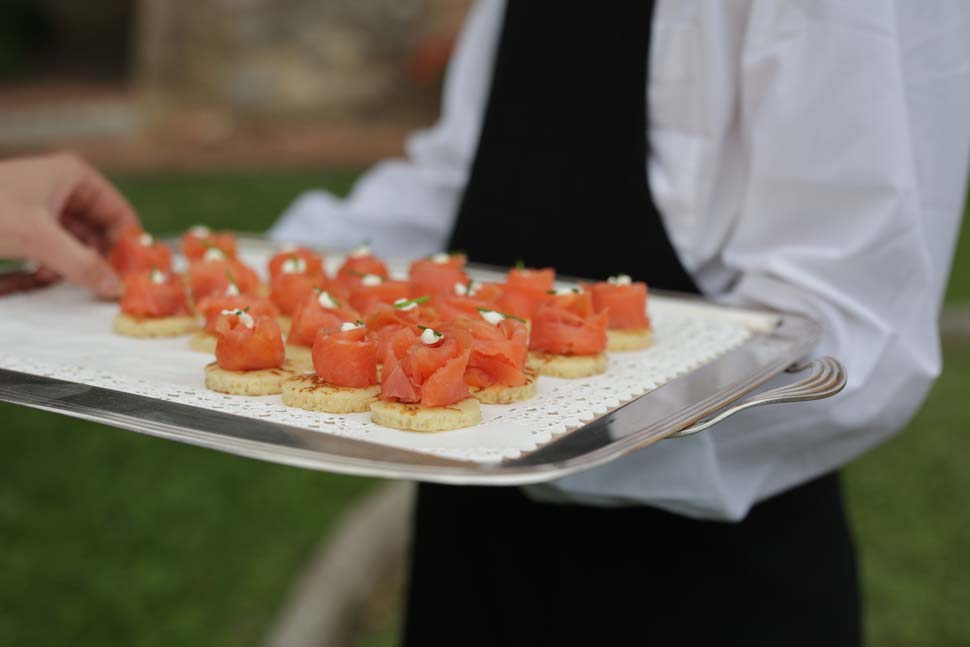
On that occasion, in prime time, research was presented according to which in France, although the consumption of foods rich in saturated fatty acids was quite high, mortality from cardiovascular disease was relatively lower than in other comparable countries in terms of food like the United States. The media echo of the broadcast caused the American public to significantly increase the consumption of red wine, inducing important wine areas such as Napa Valley and Bordeaux to uproot white vines to make room for red berries such as Cabernet and Merlot. The equation "red wine equals health" also found space in Scandinavia, Russia, and Asia, especially China.
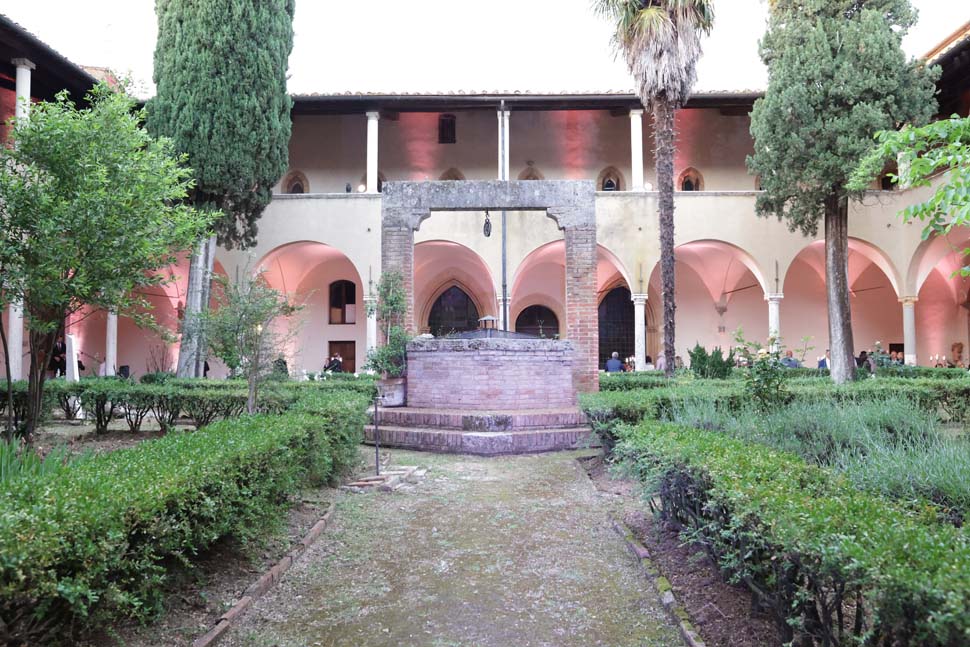
More recently, organic, biodynamic, and natural wines have established themselves, especially in the younger segments of consumers, who tend to be more attentive to the aspects of (often even only presumed) wholesomeness of food and wine but – after thirty years –the almost undisputed correspondence between wine and its beneficial effects on health has begun to crack, also due to the pandemic crisis. The speech by Professor Fulvio Ursini of the University of Padua, is therefore very interesting, developing the theme by citing the results of authoritative scientific research which demonstrate incontrovertibly, albeit in an apparently paradoxical way, that not only is moderate alcohol intake protective, but low doses of alcohol may also be healthier than abstaining.
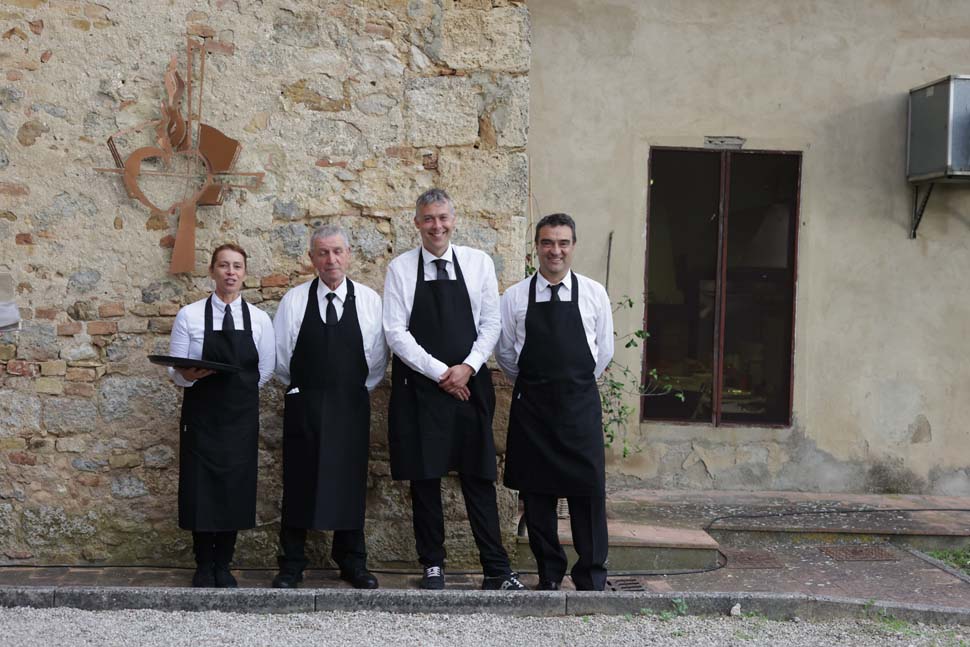
Professor Giovanni de Gaetano, a doctor, researcher, and epidemiologist who has published around a hundred scientific papers since the 1990s on the relationship between wine/alcohol and health/disease in different populations, has confirmed the evidence of the benefits of moderate wine consumption. In particular, the presumed direct relationship between alcohol consumption (even minimal) and cancer risk has been denied. In this regard, he illustrated some graphs with a "J curve" which all demonstrate how 1 or 2 units of wine per day do not have a statistically significant relationship with tumors. Conversely, among those who moderately consume wine during meals, there is a much lower incidence than those who do not. Professor Fulvio Mattivi, of the Edmund Mach Foundation of San Michele all ‘Adige, (TN), instead presented the state-of-the-art related to biomarkers of moderate wine consumption, compounds that characterize wine compared to other alcoholic beverages.
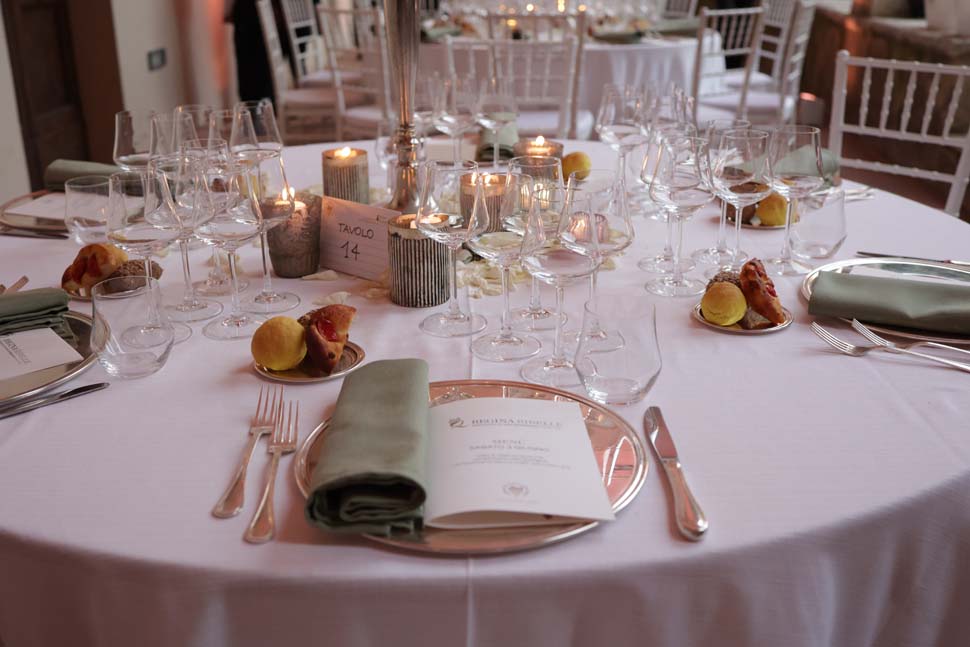
Michele Manelli, Equalitas Vice-President, told the path that the organization has followed to become a reference point for hundreds of wineries in Italy in relation to the issue of sustainability. Finally, the agronomist Giovanni Bigot, linked the health of the vineyards to the quality and vocation of a territory through the creation of a qualitative index that bears his name. San Gimignano has confirmed itself as an ideal area. The evening ended in the charming cloister of Sant'Agostino with a successful gala dinner curated by Vito Mollica of Chic Nonna: thirty-five labels from as many producers of the Rebel Queen were paired with his dishes.
